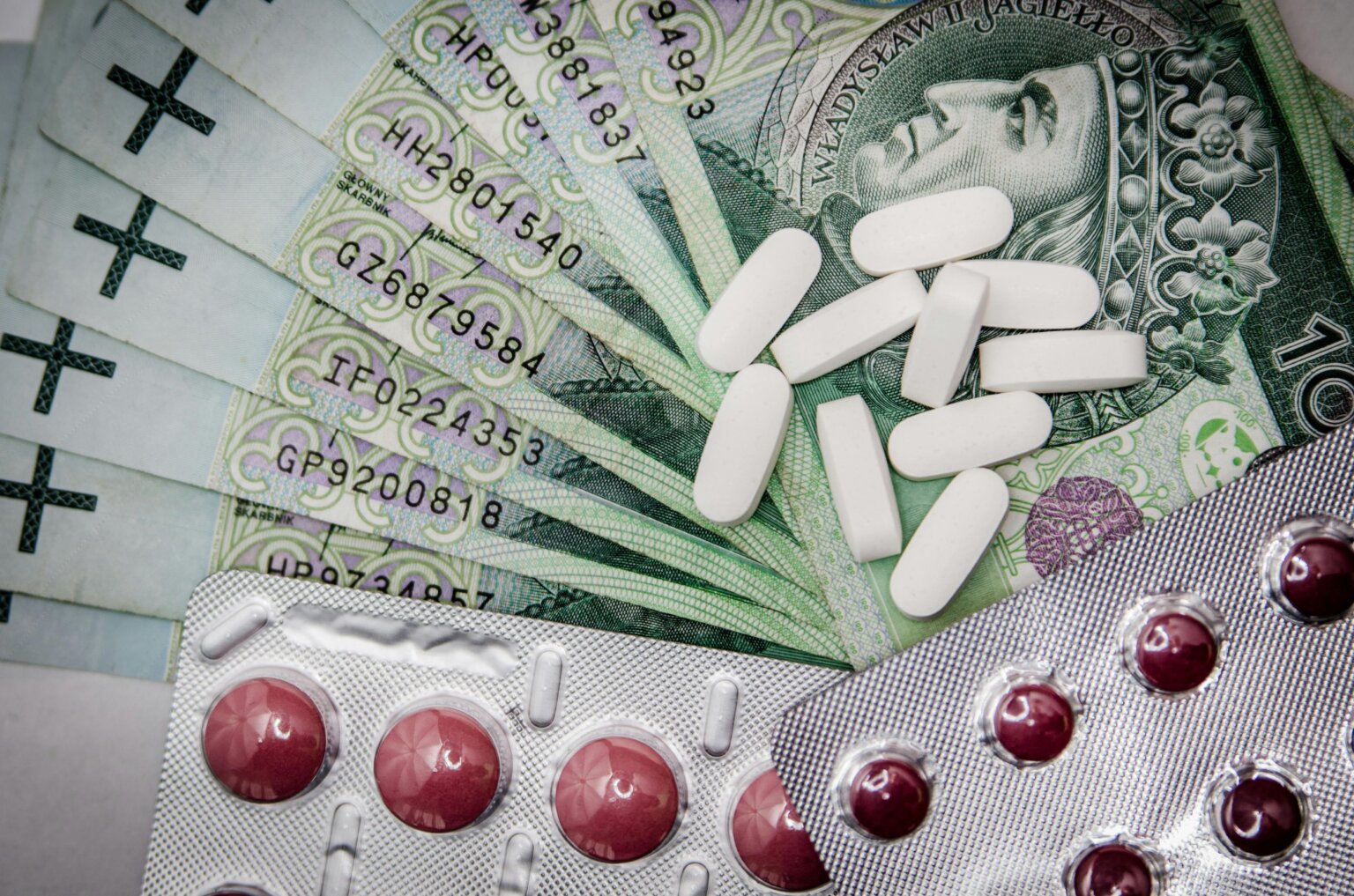This is a guest post by Salvatore Presti, an American writer living in Italy who enjoys the fine art of living well. His interests include anything wine, food or nature related especially when enjoyed with friends and family.
For too many people their emergency plan on vacation or when traveling in general is to not have an emergency. Although the odds of something happening to you while traveling are slim, things can happen. Despite your best efforts to stay safe, accidents can happen, you can catch an illness, and instability in the area where you find yourself can occur.
Knowing the possible scenarios and being prepared for them is going to make sure that you can travel with peace of mind. This doesn’t mean you need to worry too much or get stressed about what could happen. It just means that with some planning and foresight you can make sure that an emergency doesn’t end up worse than it has to be. In this article, we will go over several tips to keep in mind.
1 – Handling medical emergencies
Getting medical care in a different country can be confusing. Every place has its own way of doing things. If you need to see a doctor or go to the hospital, you might find that it’s different from what you’re used to at home. Sometimes, you might need to pay upfront for your care, even if you have insurance.
The first thing to do is stay calm and quickly figure out how serious the situation is. If it’s urgent, you need to get medical help right away. You can do this by calling the international emergency number, like 911 in the United States, but other countries have different numbers. It’s also a good idea to let your country’s embassy know what’s happening and for any help and advice they can give.
If you have travel insurance that covers medical costs, you will need to contact them to tell them about your emergency. They can explain how to file a claim for your medical expenses. Some people also choose to have medevac insurance, which covers the cost of being transported back to their home country if they’re very sick or hurt and the country you’re in doesn’t have adequate medical care.
2 – Look out for severe weather
When traveling, it’s smart to keep an eye on the weather and any natural disaster warnings for where you’re going. There are websites and apps that can tell you about the local weather and send you alerts if there’s something like a storm or earthquake expected. This way, you won’t be caught off guard.
You should do some research on your destination to understand the common emergencies there since different places have different kinds of natural disasters. Some areas might have earthquakes, others hurricanes, and some could be at risk of floods. Find out what the local emergency plans are for these situations. Knowing what to do in case of an earthquake, for example, can make a big difference.
3 – Stay out of legal trouble and avoid crime
To keep from being a victim of theft or scams, always pay attention to your surroundings. Don’t show off expensive things like jewelry or cameras. Be careful with your money and use ATMs in safe, well-lit areas. Also, learn about common scams in the place you’re visiting so you can avoid them.
If someone does steal your things, the first step is to report the theft to the local police. This might be needed for insurance claims and for getting any help from your embassy. Speaking of which, contacting your embassy is a smart move if your passport or other important documents are stolen.
You may get caught up in some drama if you aren’t careful about what you’re doing in the country you’re visiting. For instance, you could be asked to bring some items in your luggage by somebody else only to find the items are illegal and now you’re in trouble. If you find yourself in legal trouble or need advice on local laws, reaching out to your embassy is also a good start. They can give you a list of lawyers who speak your language and are familiar with helping travelers.
4 – Mind your finances
If you ever lose your wallet or it gets stolen while traveling, it can ruin your vacation. But there are ways to handle this situation. First, know that you can still get access to your money.
One way is through emergency cash transfers. This can be done through your bank, a money transfer service, or sometimes through your travel insurance. They can send money to a local pick-up location where you are.
Right after you realize your wallet is gone, it’s important to block your credit and debit cards. This stops anyone from using them. Before you leave for your trip, make sure to have the emergency numbers of your banks saved somewhere. Then, call them and report your cards stolen so nobody else can use them.
